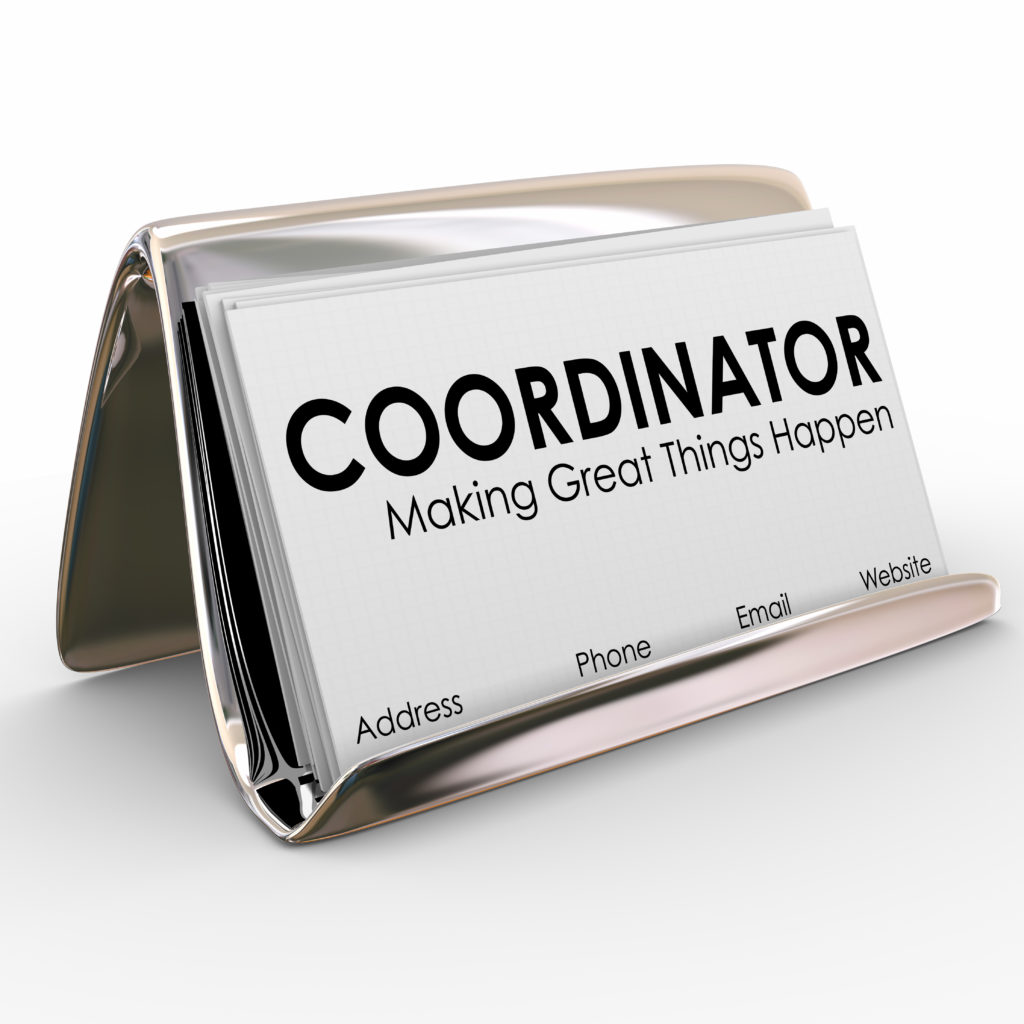Evidence Building

The World Economic Forum reports that we are on the cusp of the Fourth Industrial Revolution (known as Industry 4.0) marked by lightening speed advancements in digital, physical and biological technologies. What skills are you going to need to stand out above the rest? How can you evidence these at the very start of your employment journey?
The World Economic Forum released ‘The Future of Jobs‘ report in 2016 which revealed the top 10 skills you will need in 2020. We will go through each of these skills, and give examples of how you can start working on your own material.
You can use our example template to start collecting your evidence, or create one of your own. The important bit is to put as much information as you can think of. When you start completing your applications, you can pick and choose the sections / examples you want.
Try to compile at least 2 examples of each skill ensuring that you include the ‘what’ (description) the ‘why’ (background) the ‘who’ (anyone who was involved) the ‘how’ (what did you do) and the ‘what happened’ (what was the result of your actions). Try to keep each example to one or two paragraphs only.
top 10 employability (soft) skills

What does Critical Thinking actually involve? It is the ability to use logic and reasoning to look at an issue or problem, to consider various solutions and to weigh up the problems.
It is an extension to the first skill of problem solving but with greater focus on the way you think
DECISION MAKING / INVENTING / REASONING
Have you worked through a complex experiment with great precision? Have you written a creative essay that involved reviewing the motivations and personalities of fictional characters? Have you played a sports match where you needed to identify tactics to show the weaknesses of the other team? Have you explained in your coursework how you reached a particular conclusion? Have you ever had to give first aid to someone and needed to assess their needs in an emergency?

Self management is all about showing that you can prioritise, work efficiently, productively and manage your time well.
It’s important to be able to show employers how you decide what is important to focus on and get done, as well as how you go about meeting deadlines.
Although it is unlikely you will be applying for management positions this early in your career, you may still want to start building up examples of how you have motivated people, cared for their needs, helped them share an idea and delegated responsibilities
SELF MANAGEMENT, TEAM LEADING, MAN MANAGEMENT
You will have examples of Self Management through planning your time at school; revising for exams, completing homework, working on individual projects and fitting in your extra curricular activities.
Do you have younger siblings you are sometimes asked to look after? What about an after school club? Have you had to organise a group of students to work towards a shared purpose?
Problem solving is all about finding solutions to difficult or complex issues. Its about seeing everything around you, being able to focus in on smaller details and to move things around to make a difference.
ANALYTICAL SKILLS / DIAGNOSTICS / ANALYSIS / LOGICAL APPROACH
We all face potential problems from the moment we wake up. This may include finding an alternative way of getting to school if your bus doesn’t arrive, or resolving an argument between a group of friends.
You may have been faced with a challenge on a holiday, or on a school trip or even navigating your way through a challenging video game!

Creativity is predicted to become a key skill in the future, so before you dismiss yourself as a ‘non-creative’ person, remember that creativity is not just for musicians and artists
If you are able to work something out with minimal information or pull together ideas to present something new, then you ARE a creative person
INNOVATION / INDIVIDUALITY / EXPRESSION
Creativity simply means being able to come up with something new. A new style project, a different way of using social media, making extra money by starting up your own social enterprise, starting up a new school club or society or coming up with ideas for weekend family trips


Coordinating with others involves strong communication skills, an awareness of people’s strengths and weaknesses, and being able to work with a range of different personalities.
Team work is one of the most valuable employability ‘soft’ skills that you can develop while you’re still at school.
TEAM WORKING / SOCIAL SKILLS / PLANNING / ORGANISATION
Whether you have worked in a small group on a project, part of a sports team like netball or football or involved in a group challenge, working as an effective team is essential to get good results.
Have you ever had to offer support and encouragement to someone who doesn’t want to take part in an activity? Have you been the spokesperson for a group of people and had to get them all to agree on an issue?
This is how we tune into human emotions and adjust our behaviour depending on the mood of a friend, family member, teacher or even ourselves.
PERCEPTION / COMMUNICATION / INFLUENCING
Have you had the opportunity to explore your emotions through writing, acting or public speaking? Do you write a blog? Can you diffuse a heated argument by understanding how each party is feeling? Have you been part of a ‘random acts of kindness’ group or something similar? Have you had to deal with a difficult situation in your school or home life? Have you supported someone else doing through a difficult time?


Good decision makers evaluate the circumstances, consider alternatives, use critical thinking skills, and present their conclusion.
Being able to store, analyse and present information shows a considered and practical approach to decision making.
DATA ANALYSIS / NEGOTIATING / JUDGEMENT / NUMERACY / COMMUNICATION
Whether you’re out shopping and see a sale sign, you’re travelling five miles in a bus and need to work out how long it will take, or you’re converting basic imperial numbers to metric numbers, you will need to apply numeracy, analysis and decision making skills.
Have you had a class project where you needed to plan, research, present findings and meet deadlines? All throughout this project you are making judgements and using decision making skills.
Most employers will expect you to have basic IT skills in common software packages, such as Microsoft Office, so the ability to use Word, Excel and PowerPoint, or other branded programmes, is very important. It would also be advantageous to show that you know how to set up and use email effectively, as well as being able to search the internet, download documents and save them in folders.
This shows that you can research and organise your information, which is an essential set of most employability skills.
To prove you are good at decision making, show examples where you have made the best possible choice and the reasons that supported this decision.
Defined as the ability to actively look for ways to help people, this is your way to show how you have anticipated people’s needs.
CUSTOMER SERVICE
This skill is slightly more tricky to demonstrate whilst you are at school, but not impossible.
Do not make the mistake of thinking that you only need customer service skills if you are applying for customer service job. If your apprenticeship scheme involves any interaction with a customer, client, or member of the public then you will need customer care skills.
Have you worked on a project where other peoples views needed considering? Have you been a representative for a group of students or a club? How did you listen to their needs? How did you communicate that information? How did you influence or negotiate a better outcome for them?
Have you had a part time job when you were delivering a service? Did you want to improve that service as a result of customer feedback?


Effective communication skills are essential for you to be successful in the future. In today’s competitive world, communication skills are the most sought after employability skill required by employers.
Reading, writing and listening carefully are the three most important communication skills for students.
At work, college, university or socially, you’ll be communicating with a range of different people from a variety of backgrounds, ages, experiences and professions. It is important that you are able to adapt your communication style to suit the audience that you are engaging with.
SOCIAL SKILLS / SOCIAL INTERACTION / CONSULTATION / NEGOTIATION
You use communication skills every day, whether you’re talking with your parents about your day at school, texting your friends, answering teacher’s questions or working as part of a team.
Try and use examples where you have chosen a specific method of communication – email, social media, talking in front of a group. Why did you choose this method? Did you demonstrate good listening? Did you use visual aids such as pictures or diagrams? Did you use non-verbal communication to influence or encourage your audience? Did you need written instructions, or evidence?
Remember to set the scene, explain the situation and why you made the choices you did. This will show how you have considered the impacts of using different communication methods.
Cognitive flexibility is how quickly and easily you can move between different ideas or think about lots of ideas at the same time. How do you cope when your plans come across setbacks or mistakes?
ABILITY TO ADAPT / COPING WITH STRESS / POSITIVE ATTITUDE
Learning new things and new ways of thinking. Learning to play an instrument when you have never been musically minded. Trying your hand at painting when you have always hated art class! Learning to sing, dance, ride a horse etc. Even reading a book on a subject you have always found difficult. These are all examples of ‘flexing’ your thinking.
Having a positive attitude and approach is important for your happiness, well being, and success.
Positivity is about being able to see the good points in any situation or circumstance or open and optimistic.
Demonstrating a positive approach can include an example of how you were willing to take part in an unfamiliar activity, how you were open to new ideas and concepts, how you accept constructive criticism without being offended or how quickly you can recover from disappointment (Resilience)

action planning
Start Profile offer a good selection of activities around Employability Skills and the opportunity to create your own action plan, set goals and how to develop your skills further. You can set up your profile and starting building your plan here: